ADRA Vietnam helps improve life of farmers in Cao Bang province
(VNF) - Life is getting better, thanks to the valuable supports from the non-governmental organization (NGO) ADRA Vietnam, that's is the story of Lay Thi May (Bao Lac district, Cao Bang province).
A household with lots of kids while its economic condition is limited is not rare case amongst ethnic minority groups in Bao Lac district, Cao Bang province.
Lay Thi May, born 1973 and her husband are of Nung ethnic group. They live in Na Ngam B village, Thuong Ha commune (Bao Lac district, Cao Bang - a mountainous province in Northwest of Vietnam).
There are four children in May's family, consisting of three girls and one boy. All of them are at schooling age of 18, 12, 9 and 6. Fortunately, all are able to go to school in the locality.
In order to sponsor their daughters and son's study, May has to spend VND 1.5 million (USD 66) for their food at school and tuition fees, in addition to the expenses in clothes and stationeries.
"Even the family is in very difficult situation (hers is classed “poor” status based on national standard), I and my husband still try our best to invest in education for the kids. They must come to school so they can have better job in the future and better life than we have.”
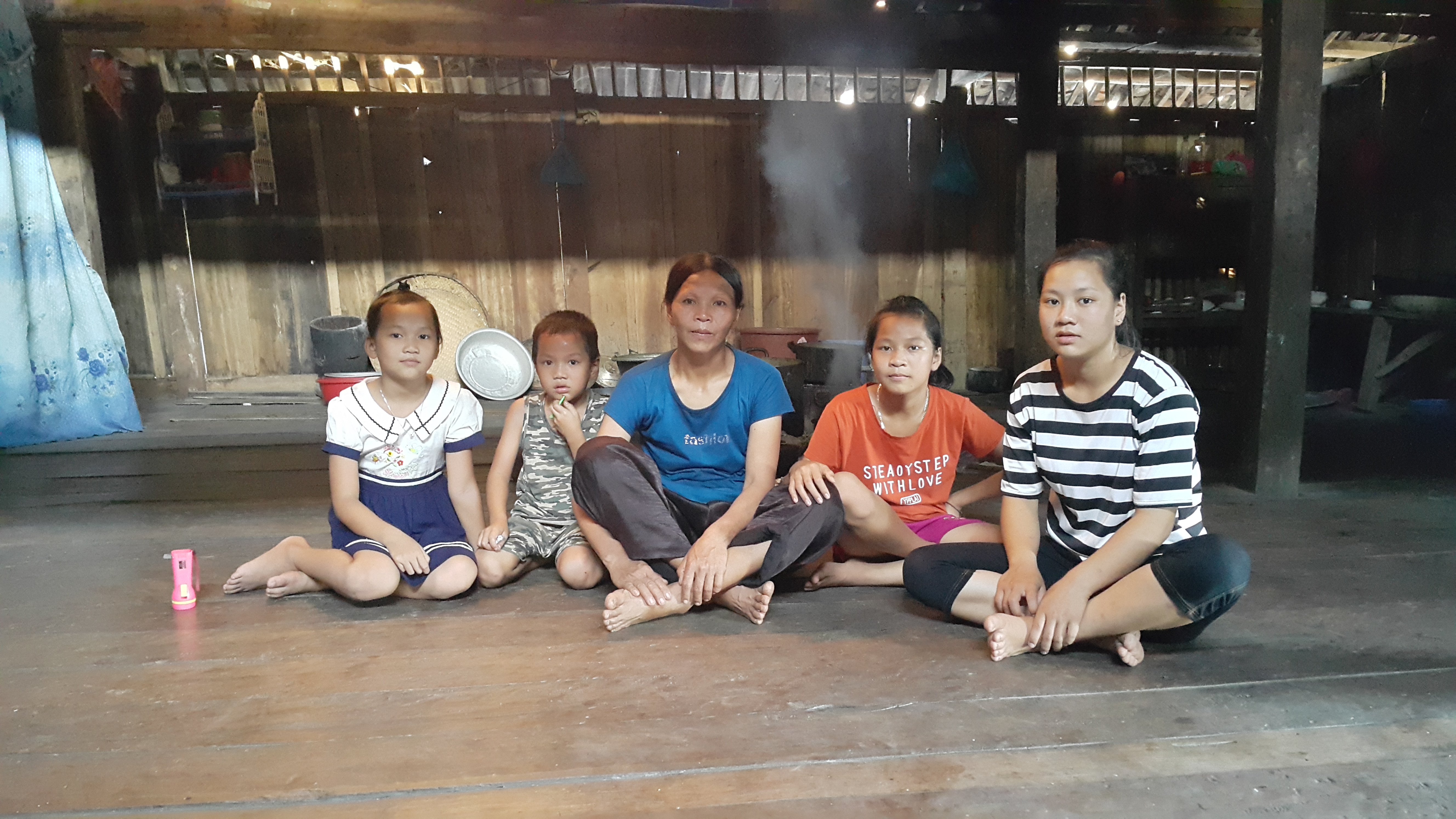 |
May and her children (source: ADRA VN)
To ensure their children can have the chance to pursue education for a better future, May and her husband have been working hard in the arable land they own. Rice, maize and other common vegetables are the crops that they rotate every season. Unfortunately, the soil was of poor quality and the couple did not have enough money to invest in fertilizers. The low yield of the field (roughly 1.25 tons of rice and 1.5 tons of maize) barely provided sufficient food for the family’s consumption and for the livestock and poultry.
As poor farmers who pursues the dream of getting out of poverty, May is content to receive the loan from the Community Development Fund, which was set up by CEDLIP project in every village or Community Development Club of project in September 2015.
This loan has many favorable conditions such as low interest rate and requires longer period of return (normally after a year). Using the loan’s worth of VND 3 million (130USD), May and her husband decided to invest in two pigs, each weighted 15-20kg. After six months of rearing, the pigs grew to 70kg and it was the time they were sold for a profit of VND 8 million (USD 350).
May afterwards continued to buy three pigs that cost roughly VND 4.5 million (USD 200) and rear them until now. The money left from the obtained profit (USD150) was spent on the children’s schooling.
At the moment, May’s family also owns three cows in their livestock herd. May and her husband also sometimes take up seasonal job, such as builders.
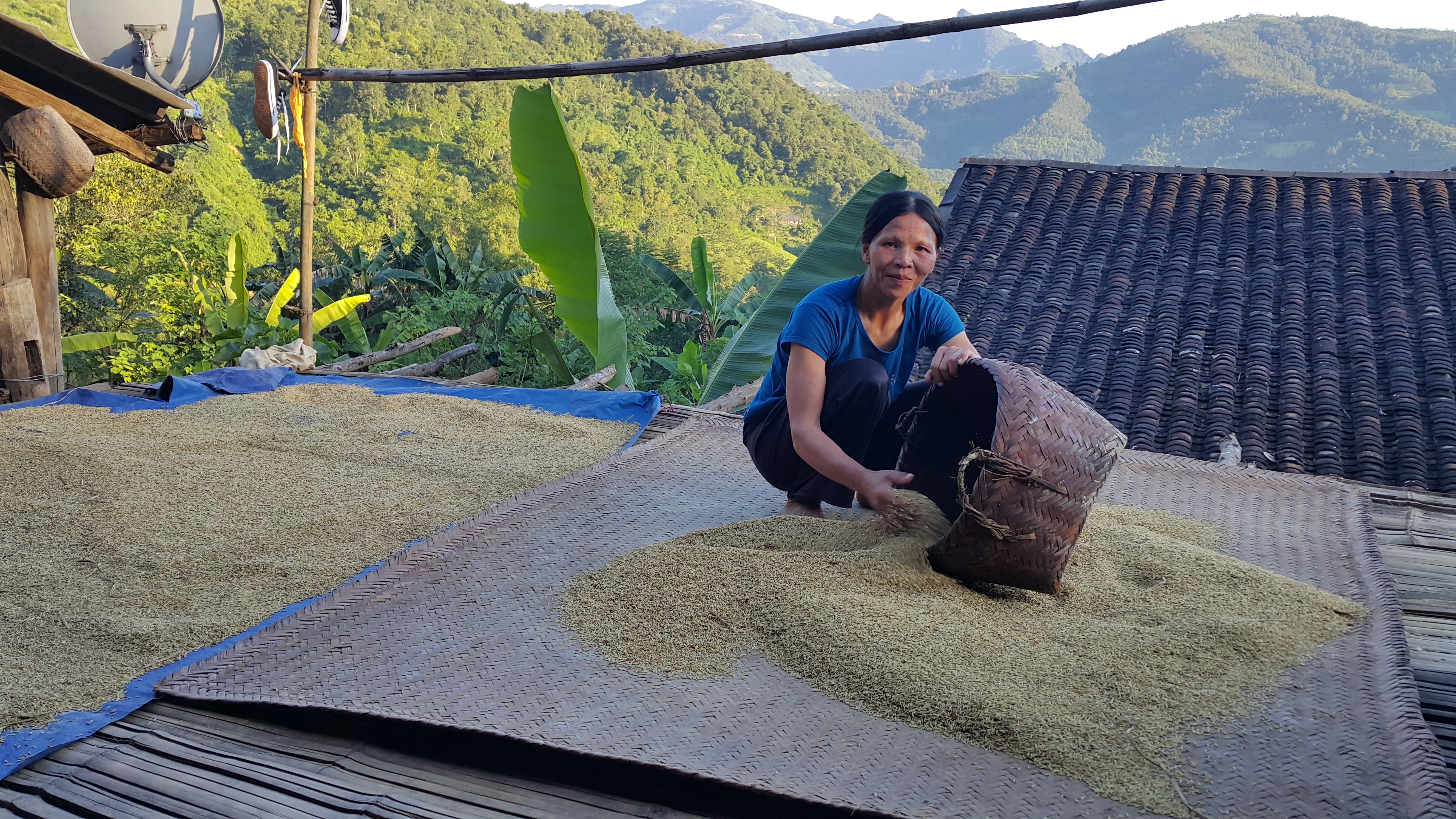 |
We look forward to improving the family’s well-being in the coming years,” May said. (source: ADRA VN)
“The concern of paying for my children’s study is lessened after the loan from CEDLIP project. We obtained some profits from selling two first pigs and now we focus on rearing more pigs. We look forward to improving the family’s well-being in the coming years,” May said.
Also benefiting from the CEDLIP project, May has received the water tank and the water filtering system to access to cleaner and safer water. Similar to the other members of the Na Ngam B Community Development Club, she was trained to set up and maintain the sand filter for water treatment. May also used her knowledge to train her family members so the whole family is responsible for the sanitation of water they use, not only for the purpose of drinking, cooking but also in bathing and clothes washing, among others. After the treatment process, clean water is stored in the hygienic water tank and therefore, the health of everyone in May’s family is improved and is particularly protected from water-borne diseases.
Last but not least in the series of project activities, May was confident to sign up for using the fuel-efficient cooking stove. This improvement in the kitchen helps reduce significantly the burden on May’s shoulders of collecting fire-wood for cooking. The reduced indoor smoke leads to less exposure of respiratory and eye infection diseases for May’s family./.
( Phi Yen )
Recommended
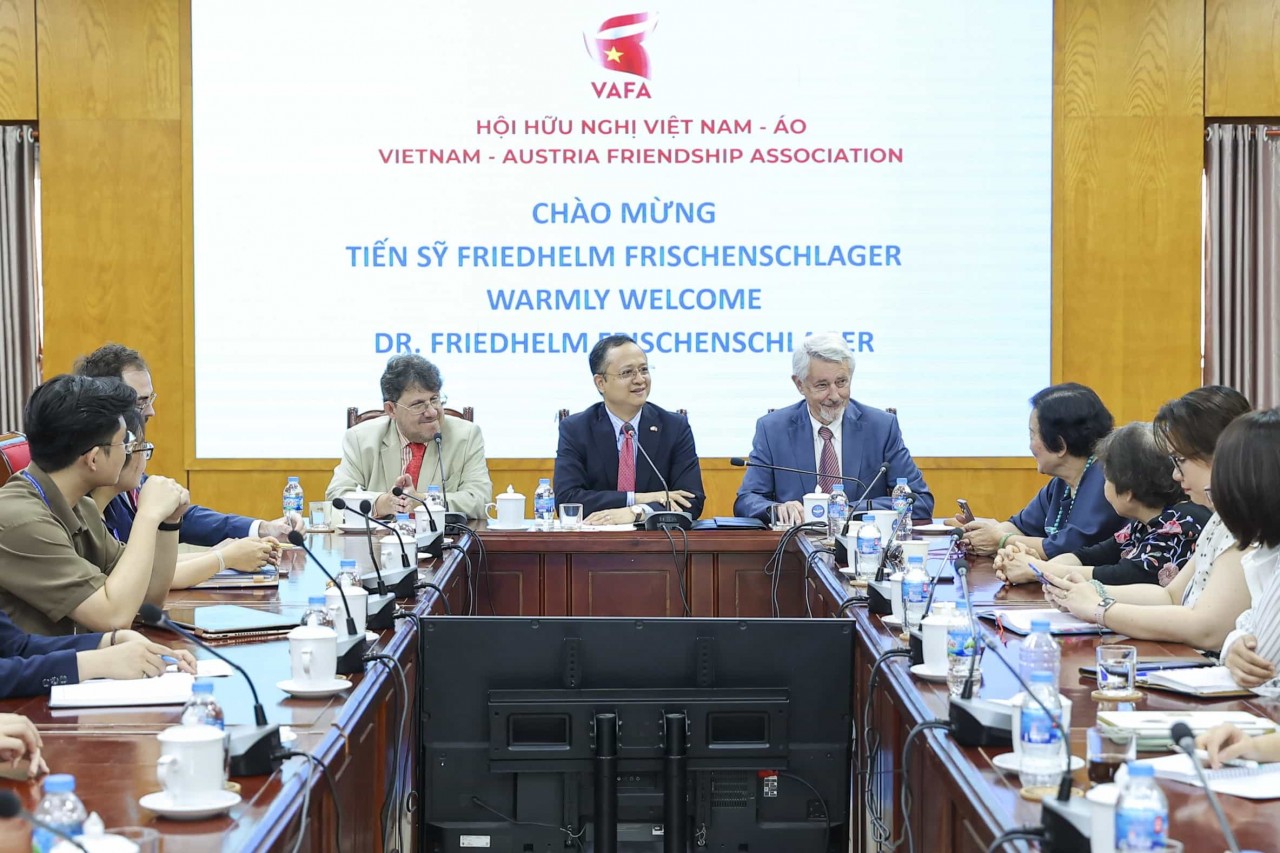 Focus
Focus
Vietnam-Austria Relations: Unlocking the Potential for Cooperation in Key Areas
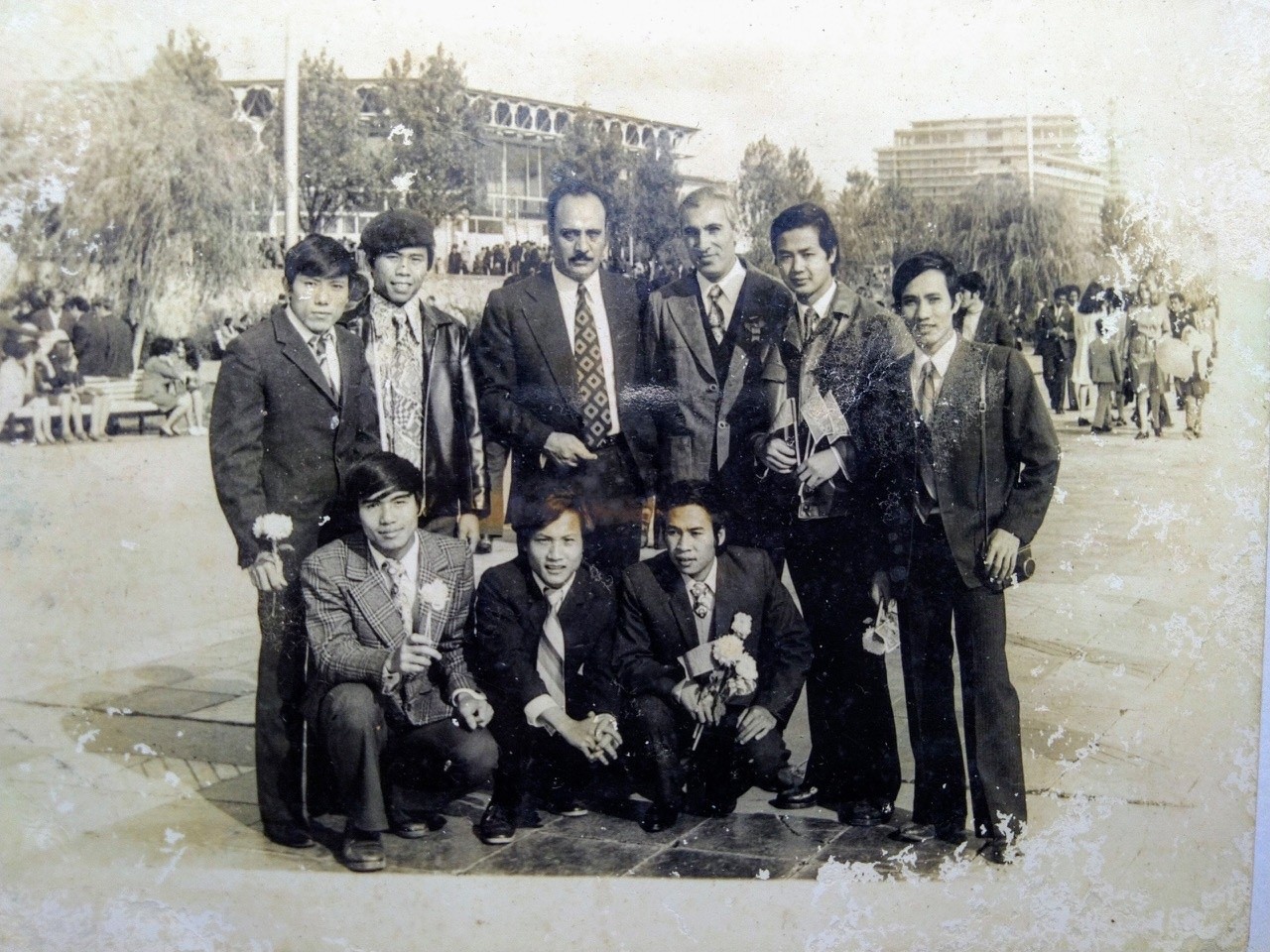 Friendship
Friendship
Vietnam - Azerbaijan: Cherished Memories Should Be Carried Forward with New Achievements
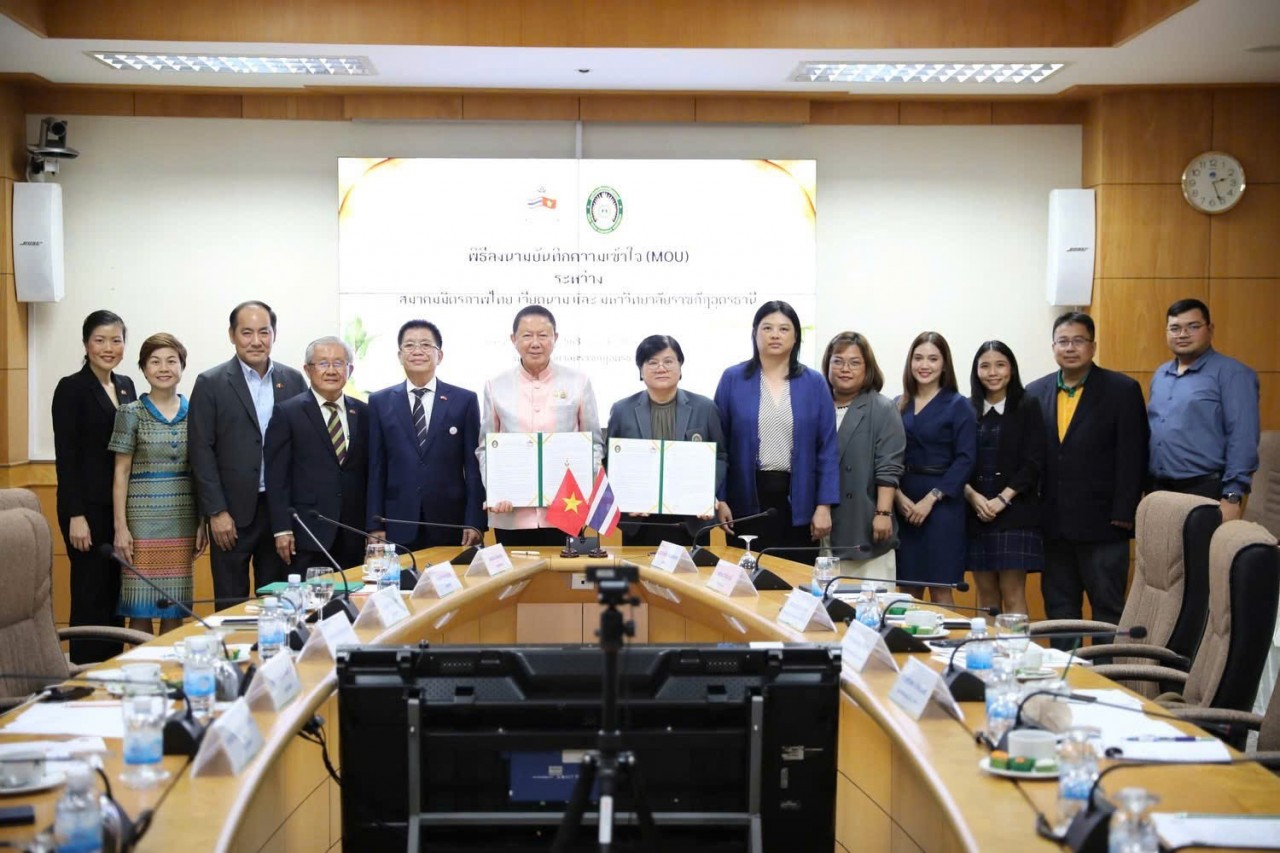 Friendship
Friendship
Center for Vietnamese Studies, Thailand-Vietnam Friendship Association Collaborate on Language Training
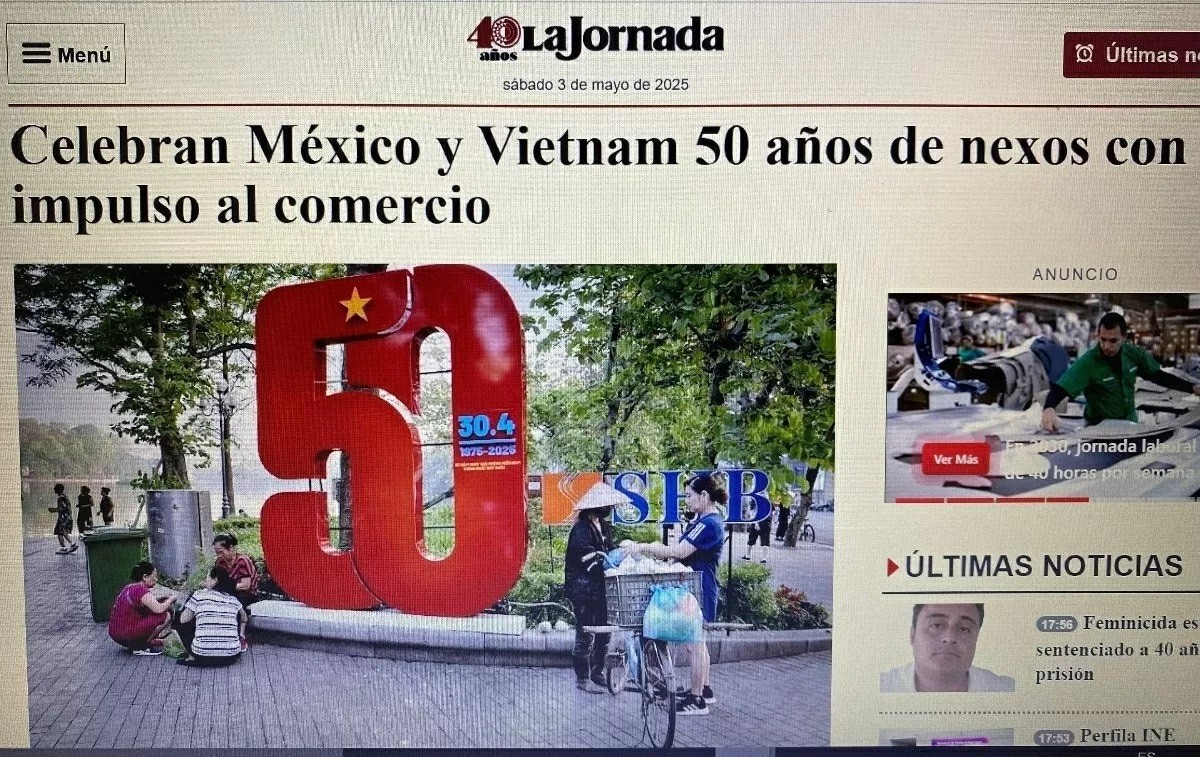 Friendship
Friendship
50 Years of Mexico-Vietnam Diplomatic Relations: Continuous Flourish in All Fields
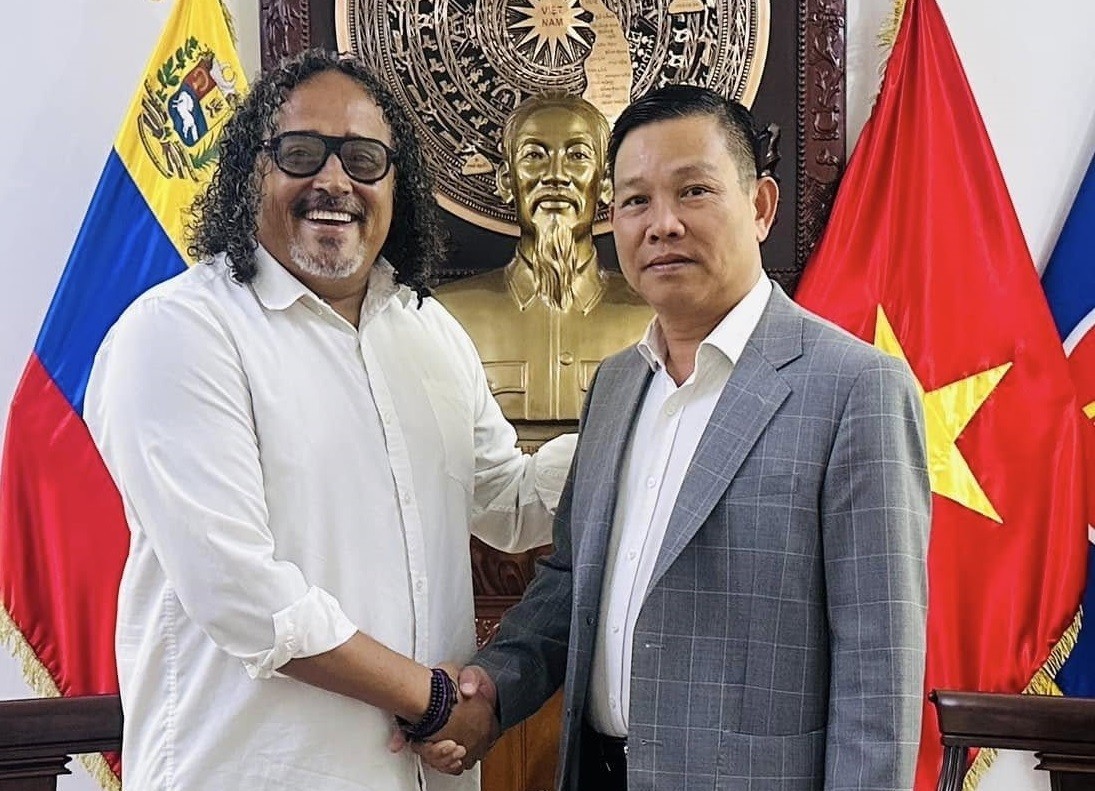 Friendship
Friendship
Venezuelan Artists Commemorate President Ho Chi Minh through Revolution Music
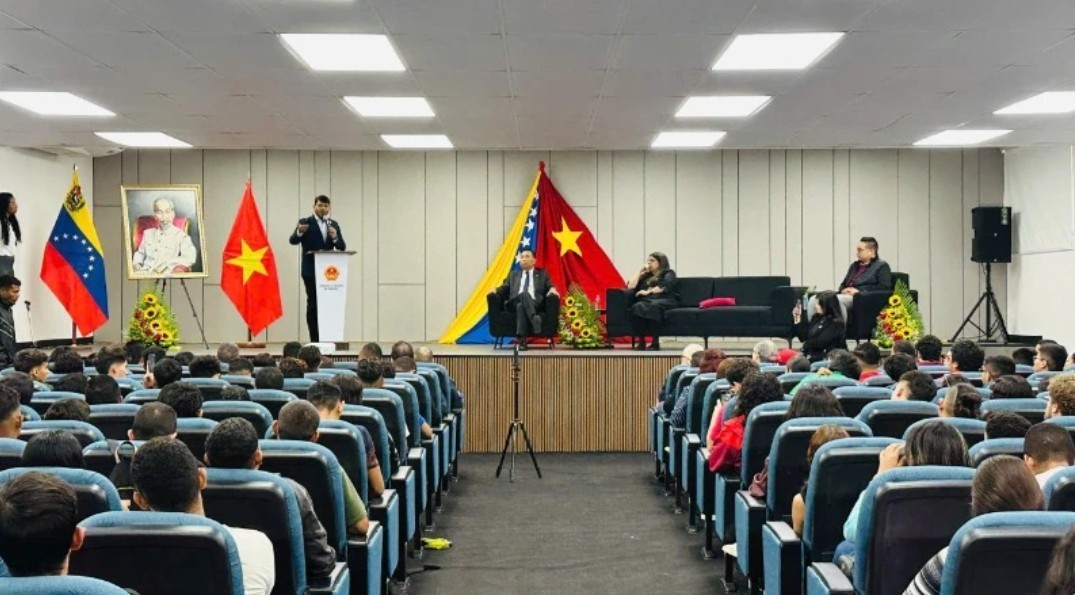 Friendship
Friendship
Vietnam's April 30 Victory Celebrated in Venezuela
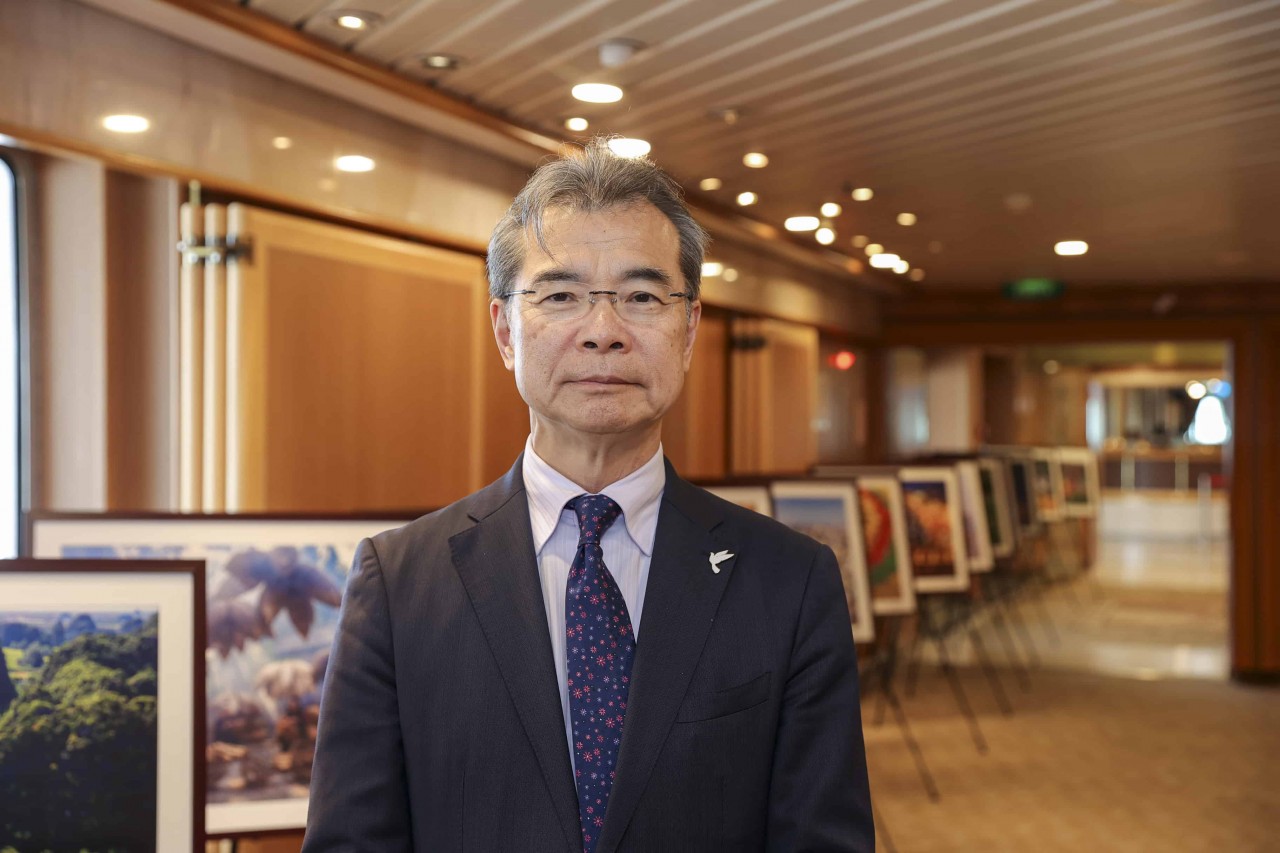 Friendship
Friendship
Vietnam’s History: Precious Legacy of Peace
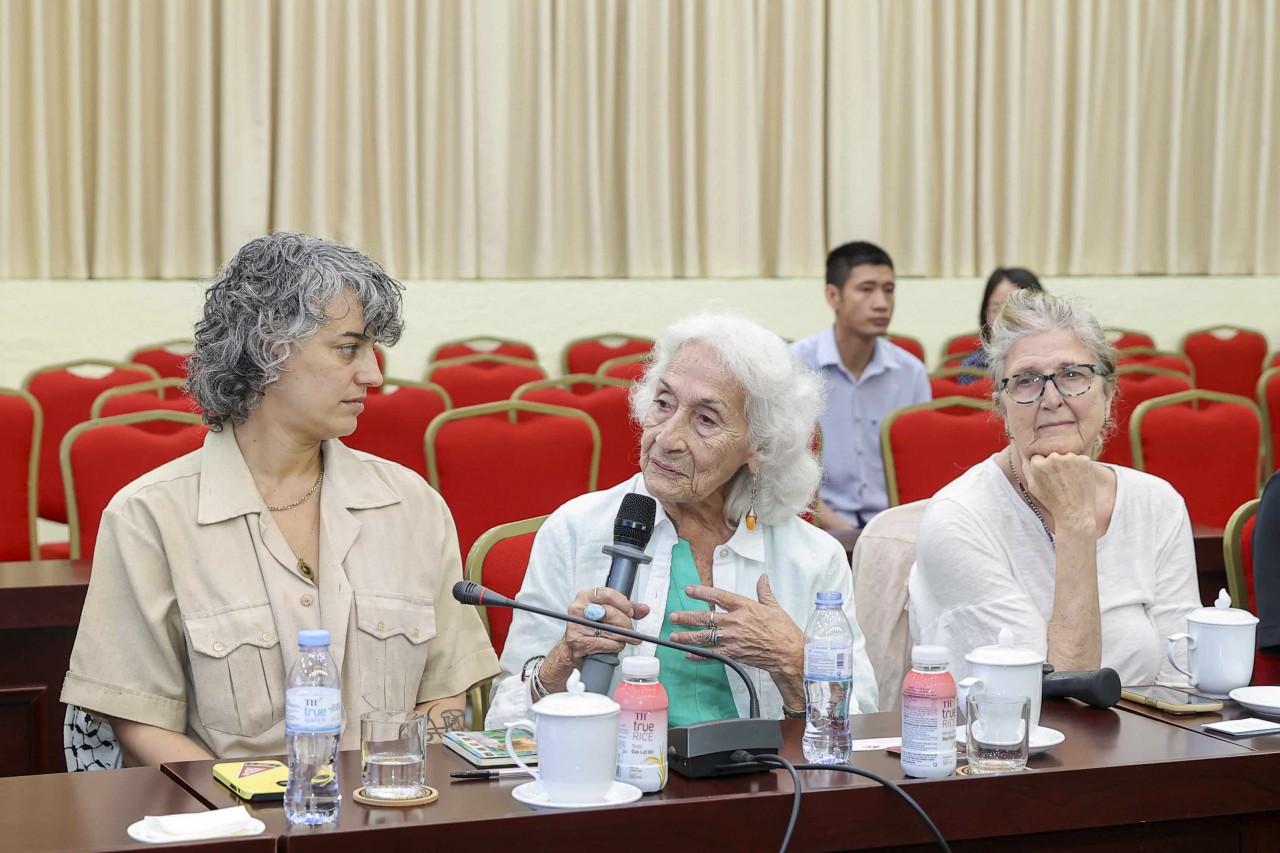 Friendship
Friendship
